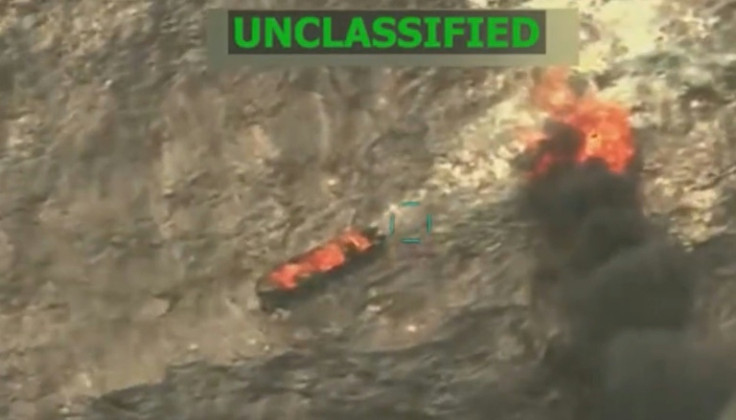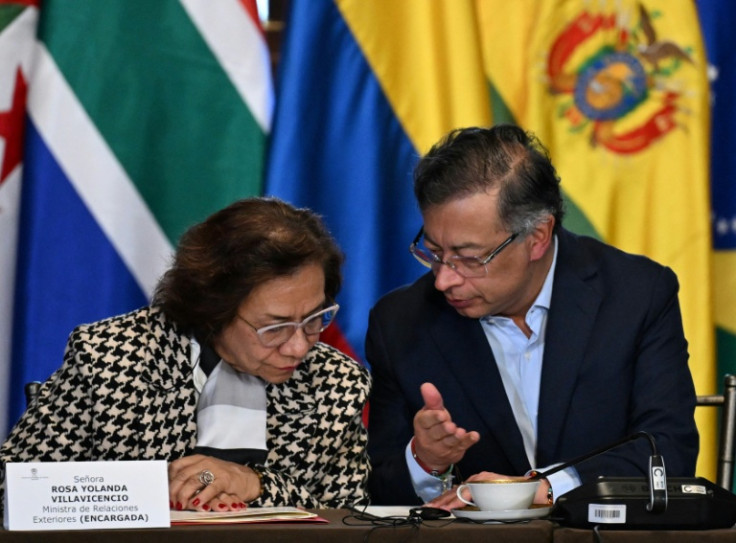Colombia Slams 'Excessive' US Military Buildup, Warns Against Venezuela Intervention

Colombia on Friday blasted the United States' "excessive" military presence in the Caribbean as destabilizing for all Latin America, a sharp rebuke from one of Washington's oldest regional allies.
Rosa Villavicencio told AFP that the US deployment of several warships off Venezuela was "disproportionate" and the threat of military intervention was rattling the region.
"Venezuela, of course, is concerned, as is the entire region, about the possibility of an intervention," she said. "Such an excessive military presence in the region is not justified."
Colombia's top diplomat rejected outright President Donald Trump's claims that the naval ships, a submarine, and a squadron of F-35 fighter jets were there to tackle the drug trade.
This has "nothing to do with the fight against drug trafficking," she insisted, echoing concerns that the US may be planning to strike Venezuela and even topple President Nicolas Maduro.
Trump says US forces have "knocked off" three fast boats allegedly carrying drugs and drug runners.
At least 14 people described by him as "narco-terrorists" are believed to have died.
Venezuela has accused the United States of waging an "undeclared war" in the Caribbean.
Villavicencio said these strikes were likely illegal, and she insisted any suspects should be captured, not killed.
This "does not seem to be the legal way to pursue illegal groups," she said.
The minister's comments open another front in increasingly difficult relations between Washington and Bogota.
This week Washington blacklisted Colombia for what it called flawed anti-drug efforts.
Over recent decades, the United States has sent billions of dollars in aid southward to help tackle cartels, guerrillas, and paramilitaries who all profit from the ultra-lucrative drug trade.
The blacklisting puts future cooperation in doubt, although immediate cuts have been ruled out.
The souring of US-Colombian relations has been fueled by personal and political animosity between Trump and leftist President Gustavo Petro.
The two leaders have clashed bitterly on social media, trading threats of sanctions and barbs about immigration policies.
Villavicencio alleged that Trump's blacklisting "was clearly a political decision, to condemn the president (Petro)".
"We are not going to change our policies" she said.
US officials say the Colombian cocaine trade has flourished under Petro, who has sought to negotiate with armed groups and avoid confrontation.

© Copyright AFP {{Year}}. All rights reserved.





















